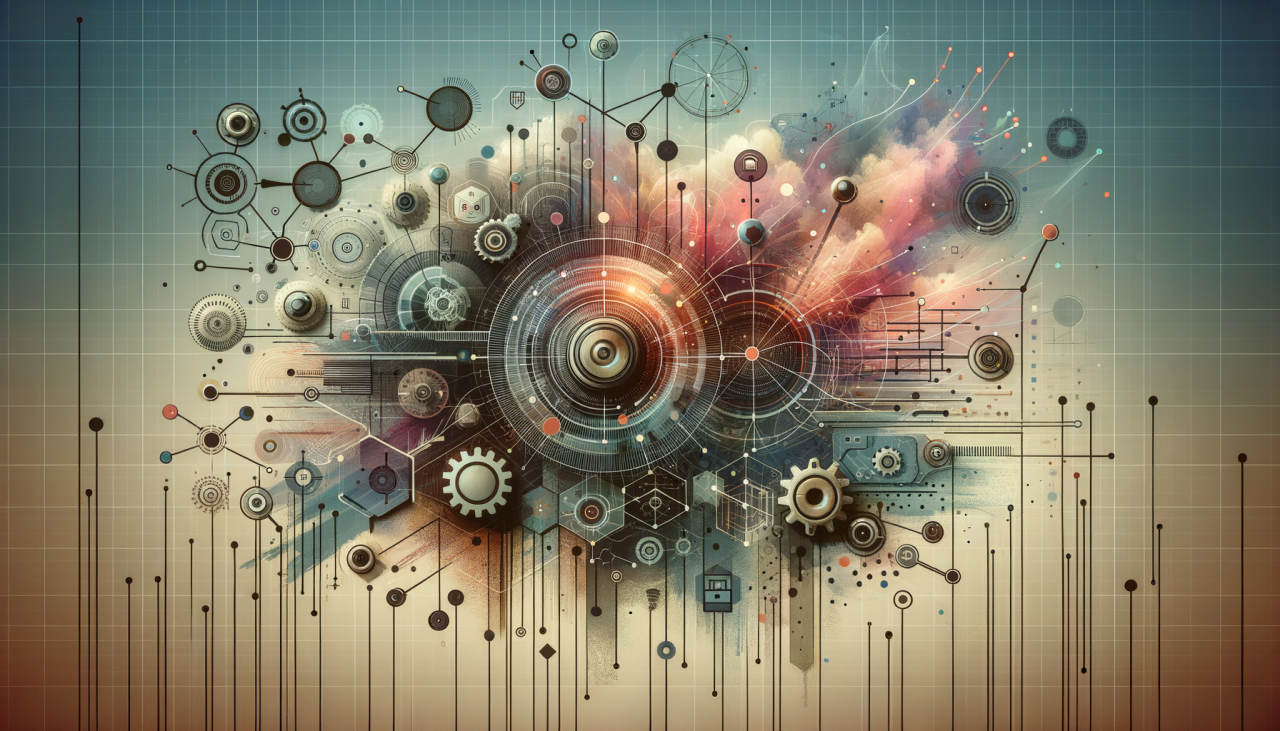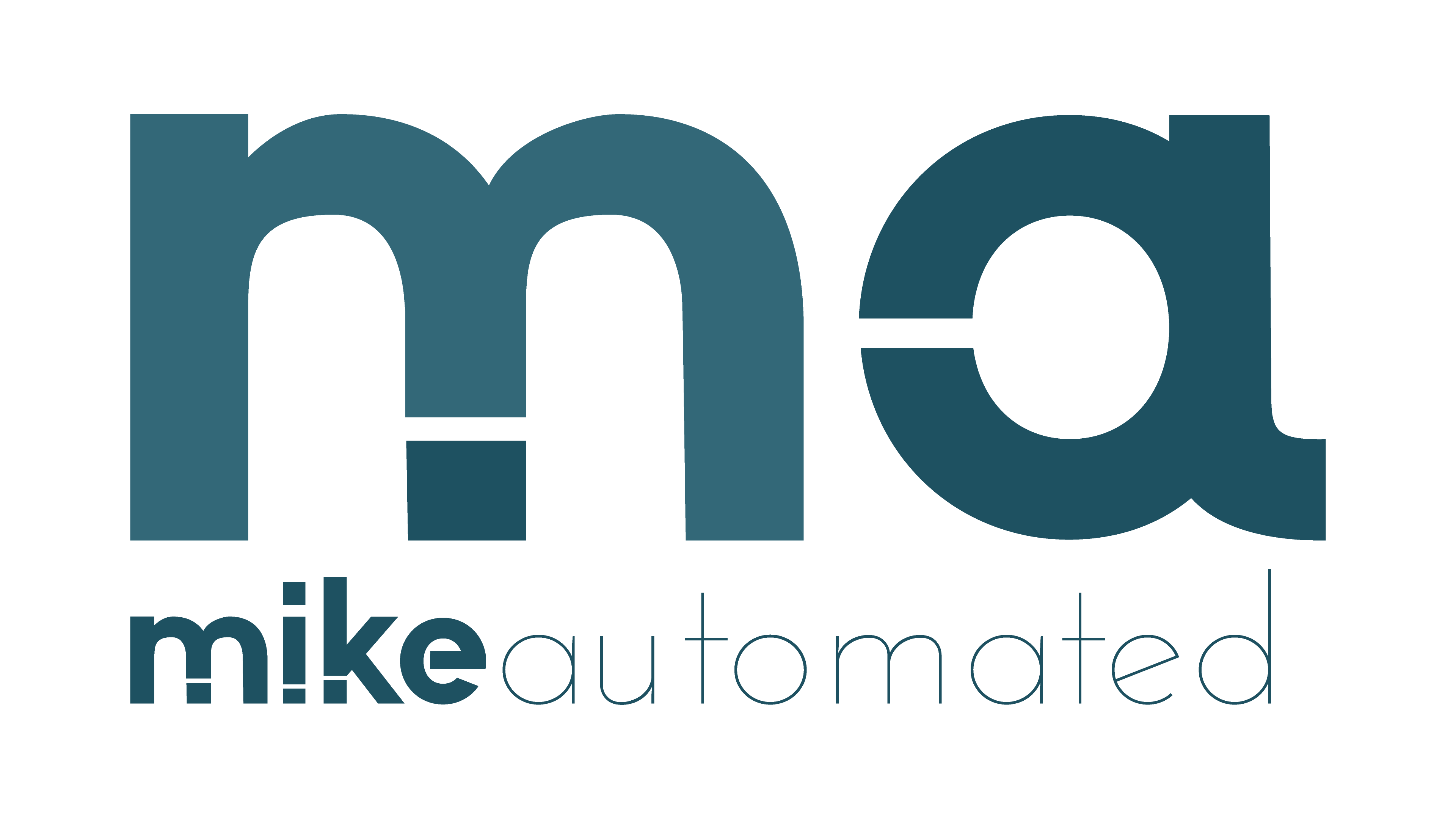TL;DR:
- Artificial intelligence (AI) will see exponential growth in areas like generative models, automation, and personalized technologies.
- Ethical challenges, including bias, accountability, and transparency, will drive the need for robust AI governance frameworks.
- AI integration in healthcare, education, and climate solutions will transform industries and improve lives globally.
- Advanced AI-human collaboration will redefine workplaces, emphasizing creativity and innovation over repetitive tasks.
- Regulations and policy developments will shape the future of AI’s accountability and standardization.
Introduction
The past decade has marked a dynamic shift in artificial intelligence (AI). From virtual assistants like Siri and Alexa to highly capable generative AI models, the technology has proven transformative. But what lies ahead in the next ten years? Innovations in AI promise not just enhanced convenience but fundamental changes in how industries operate, ethical dilemmas are addressed, and societies evolve. This article explores the biggest AI trends to watch for over the next decade, offering insights into emerging advancements, potential challenges, and their implications for businesses and individuals alike.
The Rise of Generative AI
Generative AI, powered by advanced machine learning models, will continue to dominate the tech landscape. Tools like OpenAI’s GPT-series and Google’s DeepMind are already producing creative outputs, including text, images, music, and even code. In the next 10 years, generative AI is expected to:
- Drive innovation in content creation: Marketers, writers, and designers will increasingly rely on generative AI to produce content faster and more efficiently.
- Revolutionize gaming and media: Photorealistic imagery, dynamically generated narratives, and AI-driven music production will redefine entertainment experiences.
- Transform software development: AI models capable of generating precise code snippets will allow developers to streamline workflows significantly.
AI in Healthcare and Personalized Medicine
AI’s penetration into healthcare will reshape disease diagnosis, drug discovery, and patient care. Here’s what we can expect:
1. Early Disease Detection
AI-powered diagnostic tools will analyze medical data, such as imaging scans and genetic profiles, to identify diseases before symptoms manifest. This will improve outcomes and reduce healthcare costs.
2. Personalized Treatment Plans
AI algorithms will analyze patient-specific data, such as biomarkers and lifestyle information, to develop tailored treatment protocols. This approach promises better efficacy and fewer side effects compared to traditional methods.
3. Drug Development Breakthroughs
With AI accelerating the analysis of molecular data and clinical trial results, we can expect faster development of treatments for conditions like cancer, Alzheimer’s, and rare diseases.
Enhanced Human-AI Collaboration
The workplace of the future will not be about AI replacing humans. Instead, it will focus on collaboration. Key developments include:
- Augmented Workflows: AI-powered tools will take over repetitive, time-consuming tasks, allowing workers to focus on creative and critical thinking.
- AI Mentors: Employee training will increasingly involve AI-driven systems capable of providing personalized coaching, feedback, and skill development paths.
- Deeper Integration: AI will integrate seamlessly with tools like project management software and collaborative platforms, improving workplace efficiency at every level.
Tackling Ethical Challenges
As AI grows more powerful, ethical and societal concerns will intensify. Addressing these issues will require global collaboration. Major areas of focus include:
1. Combatting Bias
Bias in AI algorithms can lead to unfair outcomes, especially in hiring, lending, and law enforcement. Future trends will emphasize developing de-biased datasets and transparency protocols to ensure fairer AI systems.
2. Accountability and Governance
Establishing clear frameworks for AI accountability will become critical. Organizations and governments must define who is responsible when an AI system’s decision leads to harm or unintended consequences.
3. Privacy and Data Security
AI systems rely heavily on data. As AI usage grows, ensuring the privacy and security of sensitive information will be a top priority. Innovations in federated learning and encryption techniques may offer solutions.
Regulation and Policy Shaping AI Development
Over the next decade, regulations surrounding AI will evolve significantly. Policymakers worldwide will work to balance innovation and social responsibility. Key trends in this space include:
- Standardized AI Guidelines: Governments will collaborate on crafting universal standards to ensure ethical AI development across borders.
- AI Liability Laws: New regulations will define how liability is assigned in scenarios involving AI-related damages or errors.
- Licensing for High-Risk AI: Industries where AI decisions directly impact human lives—such as healthcare—may introduce mandatory licensing for AI applications.
AI’s Role in Driving Sustainability
Climate change and resource optimization will benefit from AI-driven solutions aimed at creating a more sustainable future:
1. Energy Efficiency
AI-driven algorithms will monitor and optimize energy consumption, whether in manufacturing facilities or smart homes, reducing waste and cutting emissions globally.
2. Environmental Monitoring
AI systems capable of analyzing satellite data and climate models will help track deforestation, wildlife displacement, and other environmental phenomena, providing actionable insights to policymakers.
3. Smart Agriculture
Agricultural technologies powered by AI—such as autonomous tractors and predictive crop analytics—will enhance food production while reducing resource use.
Conclusion
The future of AI holds exciting possibilities across sectors, from healthcare and entertainment to education and climate solutions. However, this era of rapid innovation also calls for vigilance in addressing ethical concerns and regulatory challenges. As individuals and organizations prepare for this AI-driven future, embracing change, investing in relevant skills, and contributing to the ethical discourse will ensure benefits are widespread. Whatever the next decade brings, one thing is certain: AI will remain at the heart of technological progress, shaping our world in ways both profound and transformative.



